Recycling Sustainability Petrochemicals 11-06-2021 - Arhive
Recycling Sustainability Petrochemicals
Crude Oil Prices Trend
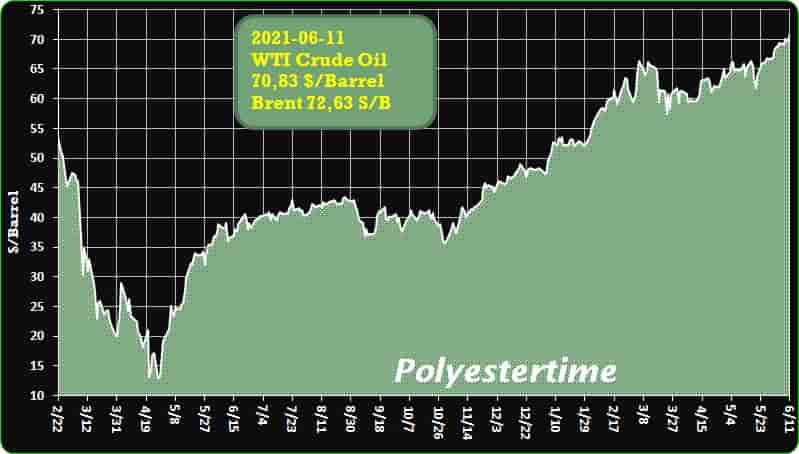
-China PET bottle chip market roundup in the past half year
In 2021, freight rate has soared, containers are in short supply, and shipping delays have become the norm in export trade.
The annual export proportion of Chinese PET bottle chip is about 30%, but it has gradually shrunk to 20-25% in the second quarter, which is not what it should be in a peak season at all. The average monthly export order from April to May is less than 200kt.
The processing fee for export goods once reduced to around US $130-140/mt, whose gap with domestic figure gradually narrows.
In fact, since the fourth quarter of last year, there has been a substantial overdraft in domestic demand for PET bottle chip, and PET inventory once surged to around 1.9 million tons, about twice the current peak monthly production.
However, due to the large pick-up volume and abundant orders in the short term, inventory pressure of PET bottle chip factory has been released obviously.
y the end of 2020, the total inventory is still around 1.8 million tons, while average inventory held by the factories is only 700kt plus.
By the eve of the Spring Festival in 2021, PET bottle chip stock of factories dropped further to around 300kt, driven by rising crude oil and polyester raw materials.
The tightness in shipments continued after the Spring Festival, which also brought the last wave of sharp increases in the first five months of this year.
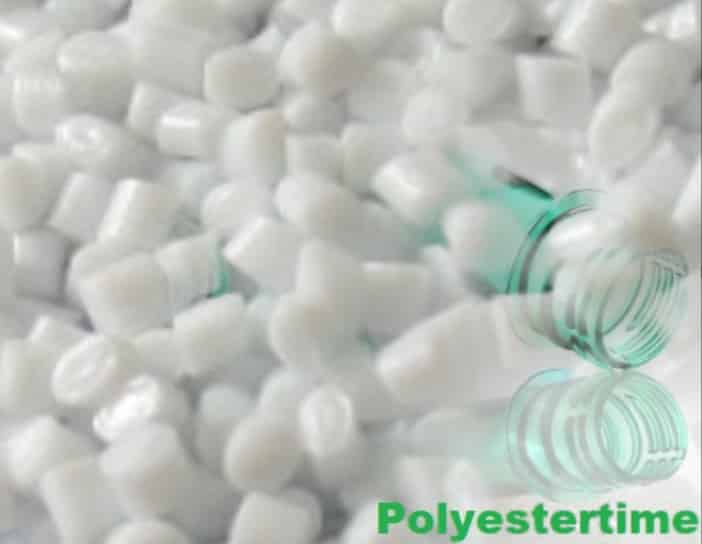
-Spain circular targets only possible with chemical recycling – Feique
Spain’s circular targets cannot be met without chemical recycling and it must be granted the same legal status than recycling in legislation currently being debated in Parliament, the country’s chemicals trade group Feique said on Wednesday.
Spain’s recycling rates could increase from the current 45% to 80-90% by 2050 if chemically recycled materials are granted status as recycled product, said Feique’s president. Recycling Sustainability Petrochemicals
Carles Navarro, also the director general at BASF’s operations in Spain and Portugal, added the plastics sector will continue lobbying against the tax on plastics the Spanish cabinet is mulling; the tax has been delayed to at least 2022.
Navarro presented on Wednesday FEIQUE’s optimistic forecasts for Spanish chemicals in 2021, with sales and exports expected to boom as Spain and the wider eurozone recover from the pandemic-induced downturn.
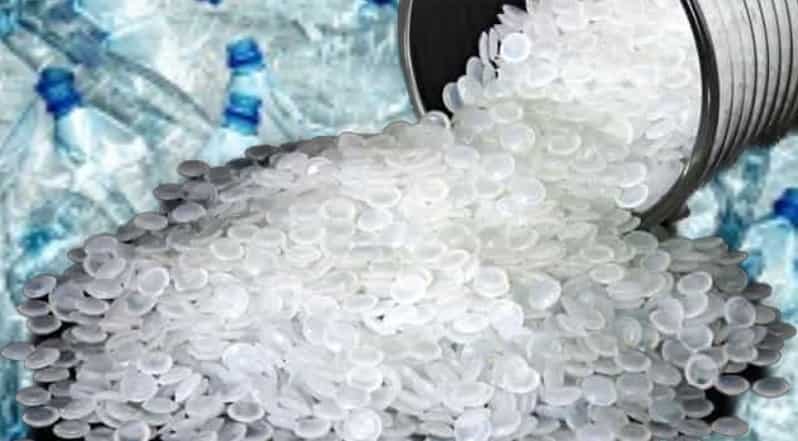
-Tatneft bought Russian PET producer Ecopet
Tatneft won the tender for the purchase of the largest polyethylene terephthalate production in the Russian Federation – Ecopet Group (Kaliningrad), which was sold by Trust Bank, the manufacturer said.
According to the bidding materials, Tatneft acquired Ecopet for 6.45 billion rubles at an initial price of 3.75 billion rubles. Four participants were admitted to the auction. Trust sold in a single lot the shares and shares of the companies included in Ecopet – 100% of Ecopet JSC (industrial complex), 100% of the shares of Ecopet Trade House LLC (trading house), 100% of the industrial park of BaltTechProm LLC, and also the claims against these companies. Recycling Sustainability Petrochemicals
“The acquisition of Ecopet will allow the most efficient implementation of the company’s plans for the development of the petrochemical direction and will contribute to the achievement of the Tatneft group’s goals to reduce greenhouse gas emissions along the entire value chain. The signing of legally binding documents on the deal is expected in the coming weeks,” NK press release.
Earlier it was reported that the Ecopet plant (Kaliningrad) in 2020 increased the export volume of polyethylene terephthalate (PET) compared to 2019 to 21%, despite the situation due to the COVID-19 pandemic and the slowdown in economic growth. The plant produces 690 tons of PET per day, increasing productivity during the pandemic by 4.5%.
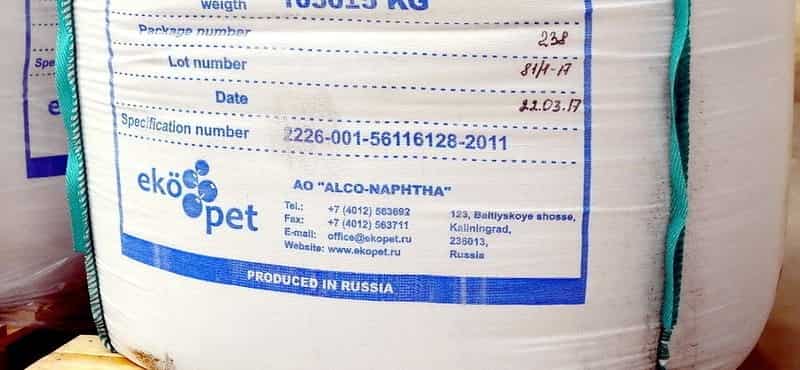
-CARGILL AND HELM JOIN FORCES TO BUILD COMMERCIAL-SCALE PLANT FOR RENEWABLE BDO
Cargill, Inc. (Minneapolis, Minn.) and chemical marketing company HELM (Hamburg, Germany) are entering into a joint venture, Qore, to help leading brands replace fossil-based chemistries with bio-based intermediates, enabling them to reduce their greenhouse gas emissions. As part of the agreement, both companies are investing a combined $300 million to build the first commercial-scale, renewable 1,4-Butanediol (BDO) facility in the U.S. Bio-based intermediates give the apparel, automotive, electronics and packaging industries the ability to improve their environmental footprint without sacrificing product performance or altering their existing downstream manufacturing processes. Recycling Sustainability Petrochemicals
“With consumers demanding more sustainable products, brands are not only looking for more innovative, environmentally-friendly solutions but also are needing supplier capabilities and resources that can consistently meet those expectations,” said Jill Zullo, Vice President, Biointermediates/Bioindustrial at Cargill. “This new venture combines Cargill’s end-to-end supply chain and long-standing, successful product commercialization in several bioindustrial markets with HELM’s expertise in effectively bringing unique chemical applications and other creative solutions to life and to the market.”
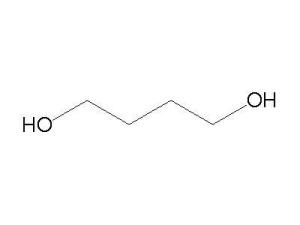
-Green Dot Bioplastics expands US plant, aims to double production capacity
Kansas-based global bioplastics company Green Dot Bioplastics recently broke ground to commence the construction on its expansion project at its facility in Onaga, Kansas, US. Recycling Sustainability Petrochemicals
Entering its second decade, Green Dot, known for creating the world’s first biodegradable elastomeric rubber, Terratek Flex, as well as a variety of other biocomposites and biodegradable resins to replace traditional plastics, is preparing to introduce two new product categories for use in compostable packaging applications, including film.
The Onaga facility is to add floor space to accommodate additional equipment and warehouse space in order to double production capacity. The project is expected to be completed in September 2021.

-Who empowers polyester yarn to achieve such attractive profits?
Polyester yarn shines this year with healthy profits. The cash flow of CVC-type polyester/cotton yarn has moved up to five-year high and TC-type one and pure polyester yarn also see years’ high. Recycling Sustainability Petrochemicals
- The improvement of demand.
- The sound demand for cotton yarn spurs that of polyester/cotton yarn. Since last Oct, cotton yarn demand has soared, especially the products for home textiles, driving the sales of CVC-type polyester yarn. Some TC-type polyester/cotton yarn mills and pure polyester yarn mills have shifted to produce CVC-type one, leading to the reduction of TC-type polyester/cotton yarn and pure polyester yarn supplies.
- The smooth sales of casual wears boosts blended yarn. The relapse of the pandemic outside China made more people work at home, which promotes the consumption of casual wears such as hoodie, thus blended yarn is buoyed.
- Discounts of raw materials side.
Since free fall in Mar, direct-spun PSF market has not seen strong demand. The procurement is mostly driven by rigid demand. In addition, with the decline of PSF futures, the trades by basis show advantage, which makes direct-spun PSF plants fail to stabilize the market by resistance of lowering price.
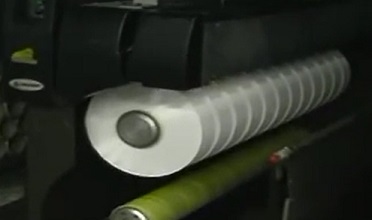
-The LYCRA Company Launches New Campaign on Circularity Initiatives
The LYCRA Company’s campaign to help drive awareness and collaboration around circularity. Recycling Sustainability Petrochemicals
-The LYCRA Company, a global leader in sustainable solutions for stretch and performance technologies in the apparel and personal care industries, announced the launch of a new campaign aimed at advancing discussions around circularity in textiles. The print and online advertising campaign, “Keep in the loop with LYCRA,” is an invitation for customers and industry experts to join The LYCRA Company in using resilient, sustainable materials that ultimately can be recycled at end of life, thus reducing textile waste and “closing the loop” in the value chain.
“Through our ‘Keep in the loop with LYCRA’ campaign, we want to explore a variety of topics related to circularity — from more sustainable raw materials to extending garment wear life to end-of-life solutions,” said Jean Hegedus, director of sustainable business development at The LYCRA Company. “Our recent introduction of COOLMAX® and THERMOLITE® EcoMade fibers, created from 100% textile waste, is one step in the right direction but there’s much more to do to address these important issues,” she added.
The creative campaign, developed by Grounded World agency, uses a loop as a design device to show the transformation of textile waste into new fiber/fabric. The campaign tagline of “Keep in the loop with LYCRA” invites the industry to keep abreast of the latest circularity advancements from The LYCRA Company while also looking to drive awareness and collaboration.
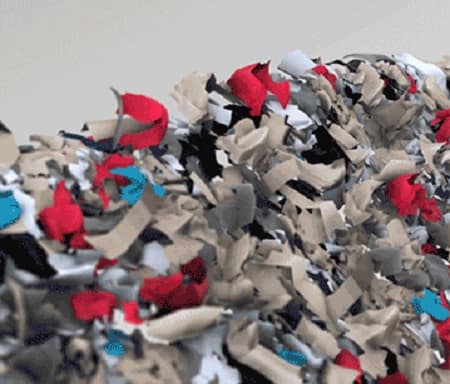
-Inflation pressures build on prolonged supply chain disruptions
The pandemic continues to upend global supply chains, threatening growth-damaging inflation.
Semiconductor shortages are set to last for at least another year. Container freight rates have gone up again on the Far East to Europe and Far East to US East and West coast routes.
European polyethylene (PE) and polypropylene (PP) price premiums over China remain at record high levels, as the updated chart in today’s blog post details.
This tells us that despite tight polyolefins supply in Europe leading to strong arbitrage opportunities, getting PE and PP supply to the region remains very difficult because of container shortages. Recycling Sustainability Petrochemicals
The price differentials also tell us China’s economy has lost momentum, partly because of the global inflationary impact of supply-chain disruptions that also include shortages of petrochemicals, wood, metal and other raw materials.
Labour is also in tight supply in China, the US and the UK for pandemic-related reasons.
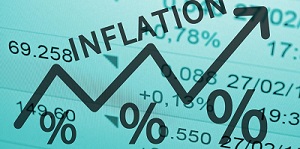
-ITMA ASIA + CITME 2020 Exhibitor Preview: BRÜCKNER
For more than 70 years the German textile machinery manufacturer BRÜCKNER has been the world leader in the field of dry finishing of textiles, technical textiles, nonwovens, glass fabrics and floor coverings. In-house production in Germany ensures a high level of system diversity and enables fast and flexible adaptation to customer requirements. Worldwide, about 90 agencies work for BRÜCKNER, so that customers have a local contact person in almost every country of the world. China is one of the most important markets worldwide in the textile industry, therefore two agencies have been working here for BRÜCKNER for many years.
In order to be even better positioned in the future, BRÜCKNER founded its own branch office in Shanghai at the end of 2019. Besides the staff for sales, service and administration, BRÜCKNER’s own technicians are on the road all over the country to commission machines and to attend to customers personally. Depending on demand, the technicians are also on the road throughout Asia. Recycling Sustainability Petrochemicals
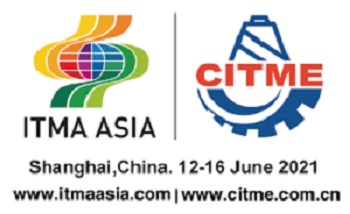
-Cellulosics avoid SUP rulings but bioplastics included
The European Commission has confirmed that viscose and lyocell based fibre products have been determined to not be chemically-modified and therefore will not be included in the coming European Union Single-Use Plastics Directive.
However, in a blow to the biopolymers sector, the latest guidance has ratified that biodegradable/bio-based plastics are considered to be plastic under the SUP Directive. Recycling Sustainability Petrochemicals
In determining it’s guidelines, the Commission took the view that a polymer will only be natural if its polymerization process actually takes place in nature (i.e., it may not be the result of an industrial process even if it involves living organisms).
ccording to the Guidance, this means that cellulose extracted from wood are natural polymers, while polymers resulting from biosynthesis via artificial industrial fermentation are not.
A statement from the Commission also notes that there are no widely agreed technical standards available to certify that a specific plastic product is properly biodegradable in the marine environment in a short timeframe and without causing harm to the environment.
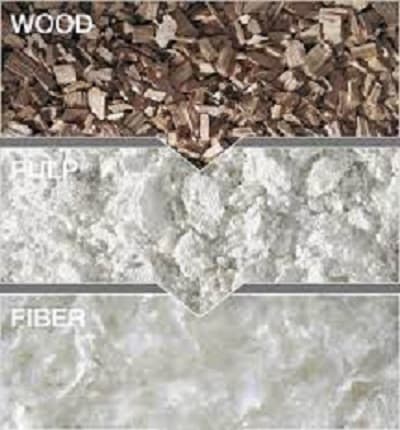
Recycling Sustainability Petrochemicals
